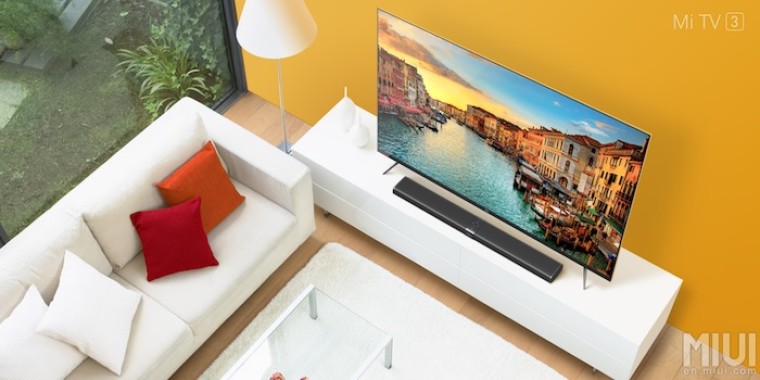This weekend, Google’s Android TV was leaked online thanks to documents and screenshots obtained by The Verge. While we still don’t know whether this project will see the light of day as a finished product or if it will be developed and improved further before it does, the current leak has me worried and confused.
Before I get to my concerns about Android TV, let me start with the positives. Android TV is a sign that Google realizes its Google TV effort isn’t going anywhere and needs to rethink its strategy there. It also offers a couple of interesting changes from the current crop of TV boxes, including a seamless way to continue watching what you had started on another device, as well as a content-driven homescreen where you don’t have to delve into individual apps to find your recommendations. But these positives aren’t enough to ease my worries about it.
Where does that leave the Chromecast?
In less than a year, the Chromecast has had more success in reaching consumers than Google TV ever did. With a small price point and an incredibly simple approach to phone-to-TV sharing, the Chromecast was easily welcomed into millions of homes. And it was just getting started. It was only in February that the Chromecast SDK was released, letting all developers get in on the fun and hence expanding the usefulness of the dongle, and the Chromecast began selling outside of the United States just last month, allowing it to grow its user base and popularity.
The problem brought by Android TV’s existence is this one: what happens to the Chromecast now? Both devices are meant to bring entertainment to your TV, one by allowing you to control the whole experience via your phone and the other by not requiring that. Can Google create enough differentiation between both lines to justify getting one device over the other depending on your use? Can it make it easy for developers to support both without having to recode everything from scratch? What will the Android TV be able to do that the Chromecast can’t now or couldn’t through a well-designed recommendation app?
More of the same, no disruption
When the Chromecast was announced, it felt like a complete disruption of the TV entertainment paradigm. All of a sudden, you didn’t need to have a box running its own software with user-facing apps, your content was instead kept online and your phone was a command unit that chose it and controlled the playback.
Android TV brings back the old way of TV entertainment. It’s a standalone unit, with its own remote control, running specifically designed apps, that doesn’t bridge any gaps or change any behaviors. It’s merely an alternative to the Rokus and Amazon Fire TVs of the world, with very few advantages over them.
Open Automotive Alliance, Android Wear, Android TV = fragmentation
In a way, Android TV reminds me of Android Wear: it’s a version of Android tailored for form factors other than a smartphone. However, unlike Wear, Android TV isn’t supposed to communicate with your smartphone directly and it isn’t an extension to it either. Is this really the best way to get Android to more form factors? Should Google recode various versions of the OS and release them separately? Wouldn’t it be better to work on the original Android code to make it scale appropriately between all form factors and interfaces, and adapt its functionality to each one?
Standalone devices vs the smartphone as a hub
The way I personally foresee entertainment and any future gadget in my smart home and smart life is as an extension to my smartphone. My phone should be the main hub, the centre of all data and control, while everything else either acts as a way to visualize this data and/or an additional input gathering method. Thermostats, TVs, watches, home automation and security devices, light bulbs, garden sprinklers, and any other appliance or tech accessory your can imagine as part of the “internet of things” shouldn’t be a separate entity with its own OS and apps. It should be another link in the web of connected smart devices that revolve around the phone.
The Chromecast adhered somewhat to that vision, there was even a point where I thought the Chromecast feature should come built-in in future TVs thus allowing anyone to cast anything from their phone to their TV, without the need for a separate HDMI stick. Unfortunately, Android TV seems to add more friction to the process instead of removing it. It isn’t an extension, it’s another hub by itself, and that doesn’t make Android any better, it undermines the power of your phone and relinquishes it to the standalone TV box.
What do you think? Am I getting ahead of myself, speculating on a product that isn’t released? Or are there really enough reasons to get worried about the direction Google has been taken recently with the Open Automotive Alliance, Android Wear and Android TV?















